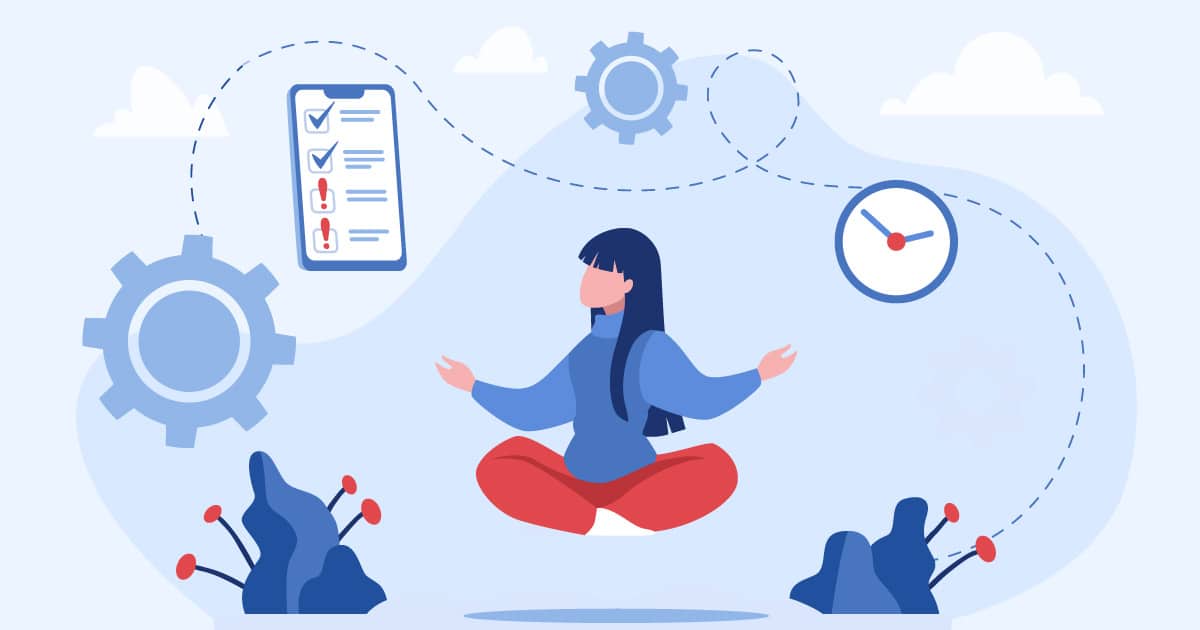
Photo credit: iStockphoto.com (SpicyTruffel)
We all know our attention tends to be scattered because so many things compete for it. But have you ever asked yourself exactly how much you’re missing when trying to pay attention to a task?
Ten percent? Twenty? Thirty?
The answer is 50 percent, according to Dr. Amishi Jha, a professor of cognitive and behavioral neuroscience at the University of Miami and an expert in the science of attention.
Fifty percent! That means, while you’re reading this, listening to a boss, or looking at slides from a colleague’s presentation, you miss an average of half of what is going on. And social media is not the primary culprit.
The top three factors that undermine our attention, says Jha, are stress; a sense of physical, emotional, or mental stress; and a poor mood.
All of this has consequences in the workplace.
“Attention is so important I sometimes refer to it as the brain’s boss,” says Jha. After all, the rest of the brain follows wherever you direct your attention. Let your attention drift to a cookie while writing a report, for example, and you may suddenly find yourself in the office kitchen looking for one.
Attention, in short, is critical to three of our most basic human experiences, says Jha: thinking, feeling, and connecting.
As a result, cultivating attention is critical to collaboration, communication, and leadership success.
So, what can you do? Jha and her team tested many tools and practices to determine the most effective. And the practice that proved, hands down, most effective was mindfulness meditation training – which was not the answer she expected.
“I am an Indian woman. I grew up knowing about mediation my entire life. And frankly, I was a skeptic and anti-meditation because I thought that was not something a serious neuroscientist would engage in.
“I was incredibly wrong,” she says.
In her book Peak Mind: Find Your Focus, Own Your Attention, Invest 12 Minutes a Day, Jha presents a four-week training program that shows how simple mindfulness exercises can improve many aspects of cognitive and emotional health, including strengthening our attention.
One example she shared with the Conferences for Women community: Mindfulness of breathing.
- First, sit in a comfortable, upright, and alert posture.
- Second, focus your attention on the sensations of breathing.
- Third, when you notice that your mind has wandered away from the breath, gently return it.
In short, focus, notice, and redirect.
“It’s low-cost, low-tech, and something you can do daily,” she says.

Dr. Amishi Jha spoke at the 2022 Texas Conference for Women. This article is adapted from her talk.